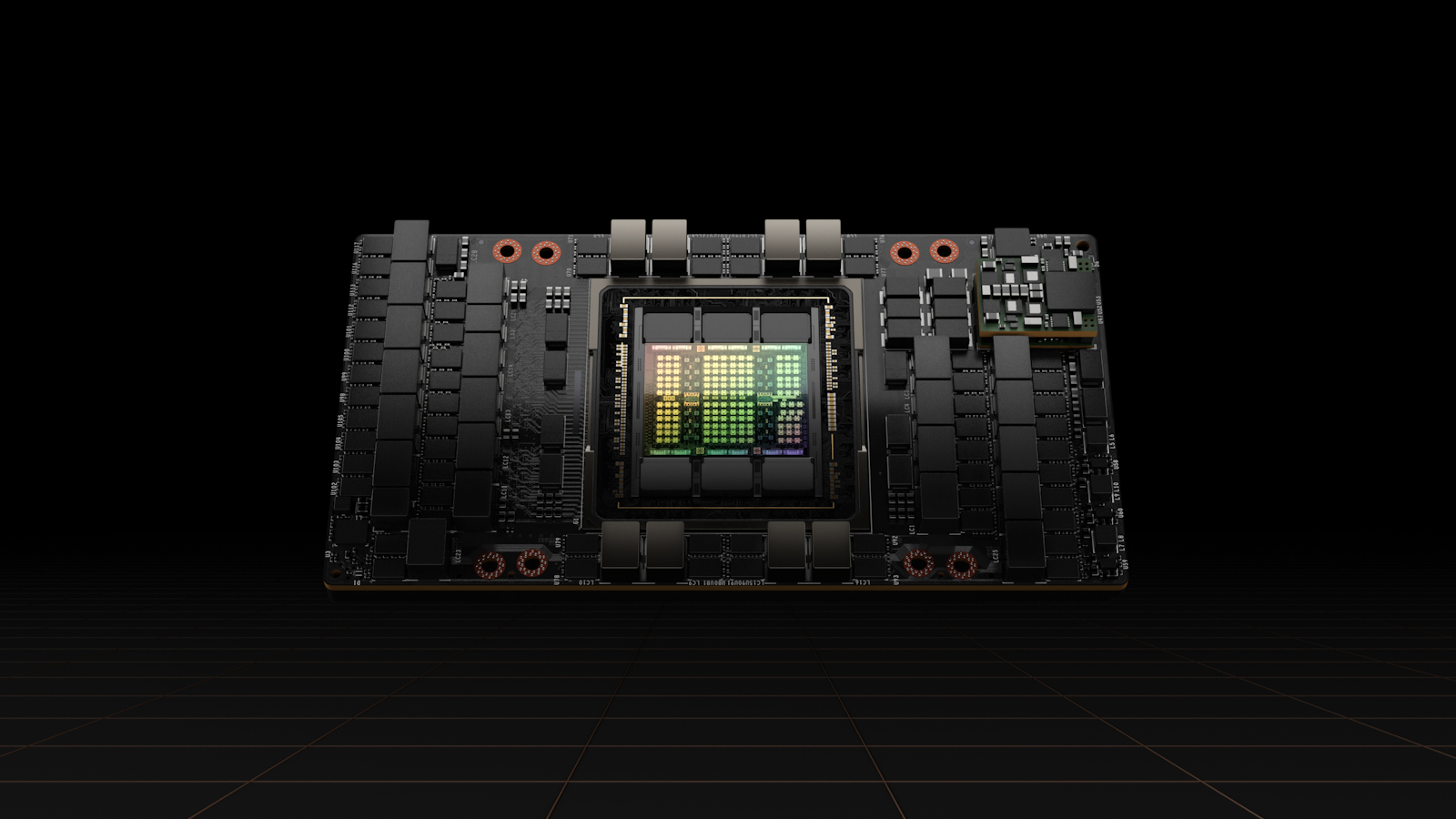 POLICY
POLICY
 POLICY
POLICY
 POLICY
POLICY
The U.S. government has implemented new restrictions that will limit exports of advanced artificial intelligence chips to China and Russia.
Nvidia Corp., the leading maker of AI chips, disclosed in a Wednesday regulatory filing that it had been notified of the restrictions on Aug. 26. Advanced Micro Systems Inc. separately stated that it has also been notified of the new rules. AMD competes with Nvidia in the AI chip segment, but has a more limited market presence.
Nvidia earlier this year projected revenues of $5.9 billion for the current quarter. In its Wednesday regulatory filing, the company stated that its revenue projection includes $400 million worth of potential chip exports to China which may be subject to the new restrictions.
The restrictions apply to Nvidia’s A100 and H100 graphics processing units for data centers, which are optimized to run artificial intelligence models. The new rules also cover any future Nvidia chip that will achieve “both peak performance and chip-to-chip I/O performance equal to or greater than thresholds that are roughly equivalent to the A100,” the chipmaker stated.
The A100 made its debut in 2020. The chip features more than 50 billion transistors that are organized into thousands of AI-optimized processing cores. According to Nvidia, the A100 provides up to 20 times more performance than its previous-generation data center GPU.
The H100, the other chip to which the new export restrictions apply, is the successor to the A100. The H100 (pictured) includes 80 trillion transistors, as well as an expanded memory pool and optimizations that make it possible to run certain types of neural networks more efficiently. Nvidia plans to offer the chip on a standalone basis and as part of data center systems such as its DGX machine learning appliances.
The U.S. government has “imposed a new license requirement, effective immediately, for any future export to China (including Hong Kong) and Russia of the Company’s A100 and forthcoming H100 integrated circuits,” Nvidia stated in its regulatory filing. “DGX or any other systems which incorporate A100 or H100 integrated circuits and the A100X are also covered by the new license requirement.”
The company added that “the new license requirement may impact the company’s ability to complete its development of H100 in a timely manner or support existing customers of A100.” Nvidia stated on Wednesday that it was seeking exemptions for its internal development and support activities.
In a newer regulatory filing released today, the chipmaker detailed that “the U.S. government has authorized exports, reexports, and in-country transfers needed to continue Nvidia Corporation’s, or the company’s, development of H100 integrated circuits.”
The authorization also covers exports needed to support U.S. customers of the A100 chip through March 1. Additionally, Nvidia stated that the government has “authorized A100 and H100 order fulfillment and logistics through the Company’s Hong Kong facility through September 1, 2023.”
Shares of Nvidia declined more than 6% in extended trading on Wednesday after its filing about the chip export restrictions became public. Currently, the company’s stock is down by about 8.5%.
Separately, Advanced Micro Devices on Wednesday stated that it has also been notified by the U.S. Commerce Department of new chip export restrictions. AMD believes that the restrictions apply to its MI250 chip. Like Nvidia’s A100 and H100 graphics cards, the MI250 is a data center chip optimized for AI use cases.
Support our mission to keep content open and free by engaging with theCUBE community. Join theCUBE’s Alumni Trust Network, where technology leaders connect, share intelligence and create opportunities.
Founded by tech visionaries John Furrier and Dave Vellante, SiliconANGLE Media has built a dynamic ecosystem of industry-leading digital media brands that reach 15+ million elite tech professionals. Our new proprietary theCUBE AI Video Cloud is breaking ground in audience interaction, leveraging theCUBEai.com neural network to help technology companies make data-driven decisions and stay at the forefront of industry conversations.